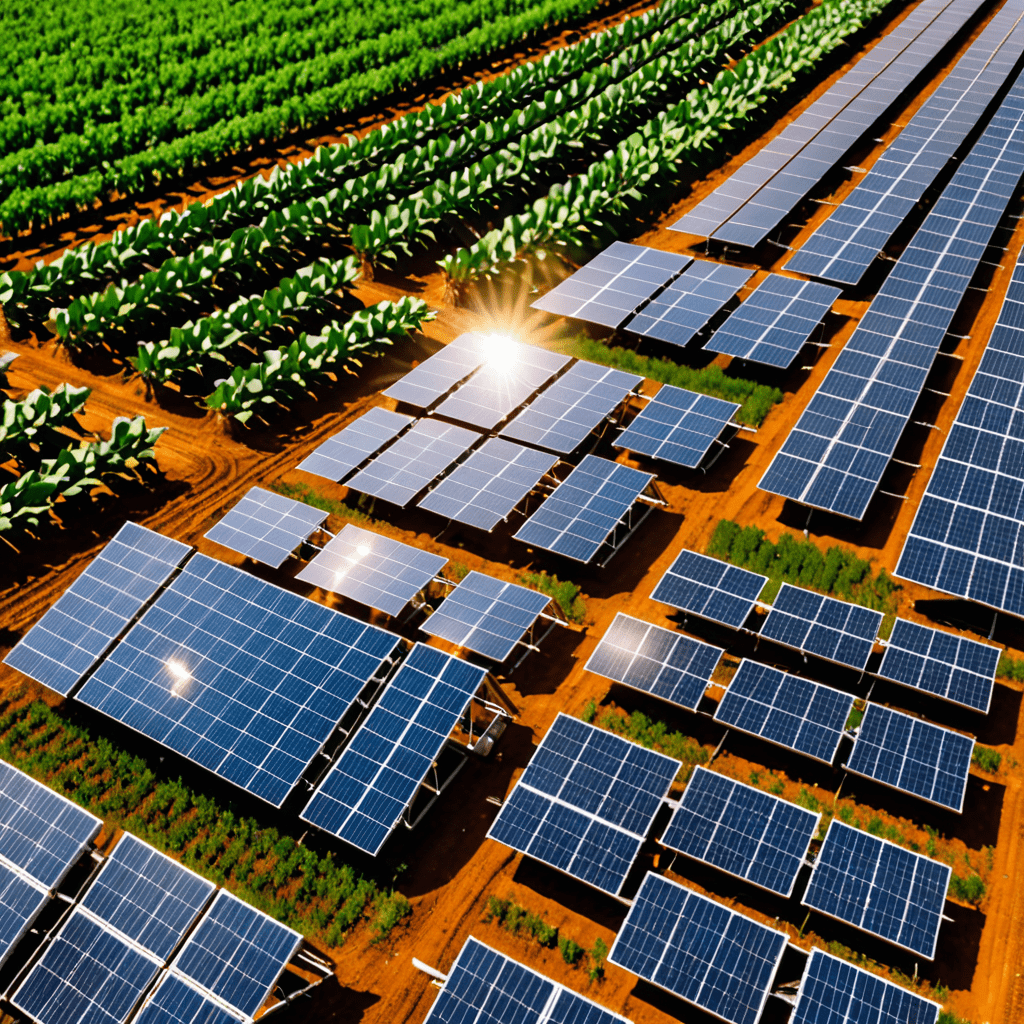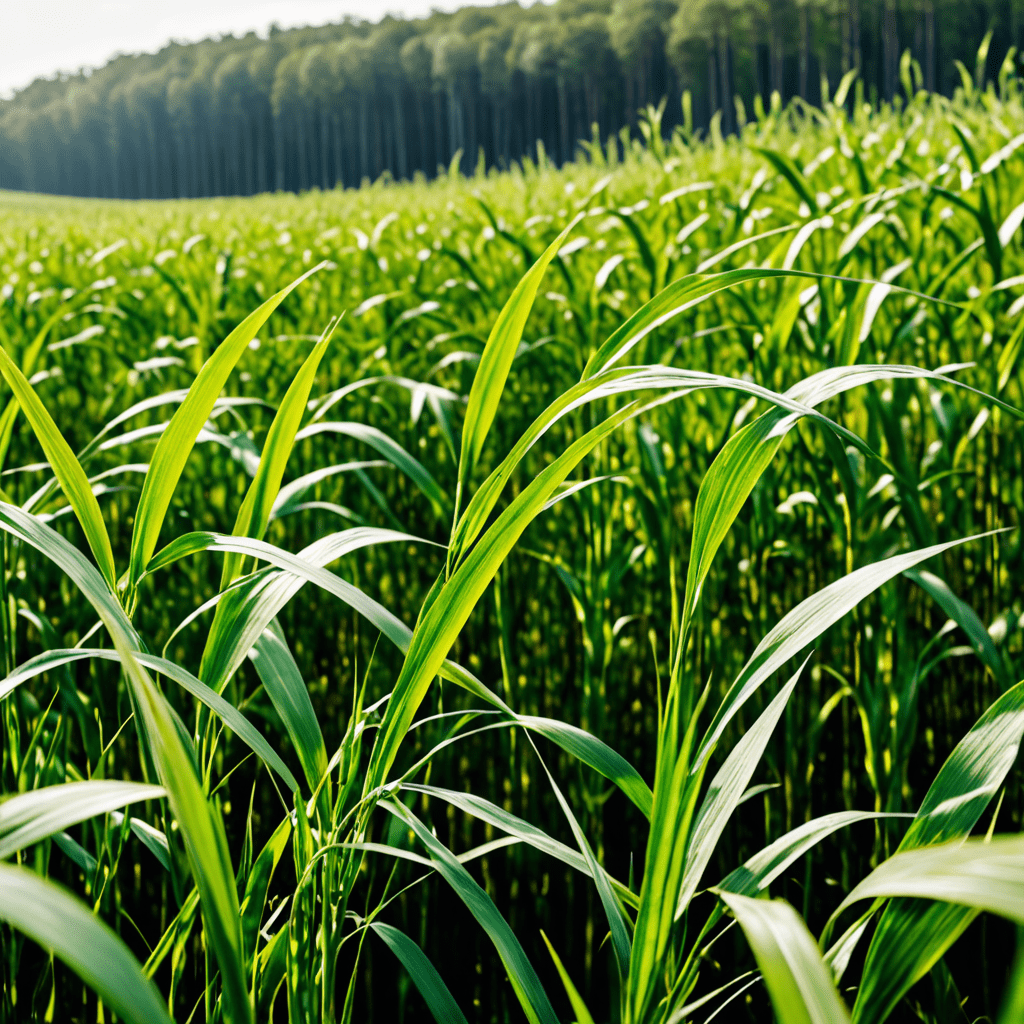
The Benefits of Solar Energy in Agriculture
Solar energy is rapidly gaining popularity in the agricultural sector due to its numerous benefits for sustainable practices. Farmers are increasingly turning to solar power to reduce operating costs, lower carbon footprints, and enhance productivity.
Reducing Energy Costs and Carbon Footprints
By harnessing solar energy, farmers can significantly reduce or even eliminate their dependence on traditional energy sources like fossil fuels. This not only cuts down energy costs but also helps reduce greenhouse gas emissions, making agriculture more environmentally friendly.
Improving Water Management with Solar-Powered Irrigation
Solar-powered irrigation systems are revolutionizing water management in agriculture. These systems use solar energy to pump water for irrigation, providing a sustainable and cost-effective solution for farmers to efficiently water their crops.
Enhancing Productivity and Yield
Studies have shown that incorporating solar energy in agriculture can lead to increased productivity and higher crop yields. Solar-powered technologies such as solar dryers, pumps, and monitoring systems help farmers optimize their operations and achieve better results.
Empowering Remote and Off-Grid Farming Communities
In remote or off-grid areas where access to electricity is limited, solar energy offers a reliable and independent power source for agricultural activities. This empowers farmers in such regions to overcome energy challenges and improve their livelihoods.
Promoting Sustainable Practices and Resilience
Solar energy aligns with sustainable agricultural practices by reducing reliance on non-renewable energy sources and minimizing environmental impact. By embracing solar power, farmers contribute to building a more resilient and sustainable food system.
The Future of Solar-Powered Agriculture
As technology advances and solar energy becomes more affordable and accessible, the integration of solar power in agriculture will continue to grow. This shift towards sustainable practices not only benefits farmers but also supports global efforts towards a greener and more sustainable future.
FAQ: Solar Energy for Sustainable Agriculture Practices
What is solar energy in the context of agriculture?
Solar energy in agriculture refers to harnessing sunlight to generate electricity through photovoltaic cells or using it directly for heating water. This sustainable practice aids in reducing reliance on fossil fuels and lowering operational costs for farmers.
How is solar energy beneficial for sustainable agriculture practices?
Solar energy offers numerous benefits for agriculture, including reducing carbon footprint, lowering energy costs, providing reliable power sources for irrigation systems, and promoting environmental stewardship. Harnessing solar power helps farmers operate more sustainably and efficiently.
What are some common applications of solar energy in agriculture?
Common applications of solar energy in agriculture include powering irrigation systems, lighting for greenhouses, running ventilation systems, charging electric fences, and operating farm equipment. Solar energy can be utilized in various ways to enhance productivity and sustainability in farming practices.
How does solar energy contribute to the sustainability of agriculture?
Solar energy contributes to the sustainability of agriculture by offering a clean and renewable energy source that reduces greenhouse gas emissions and dependence on non-renewable resources. By utilizing solar power, farmers can adopt environmentally friendly practices that support long-term agricultural sustainability.


